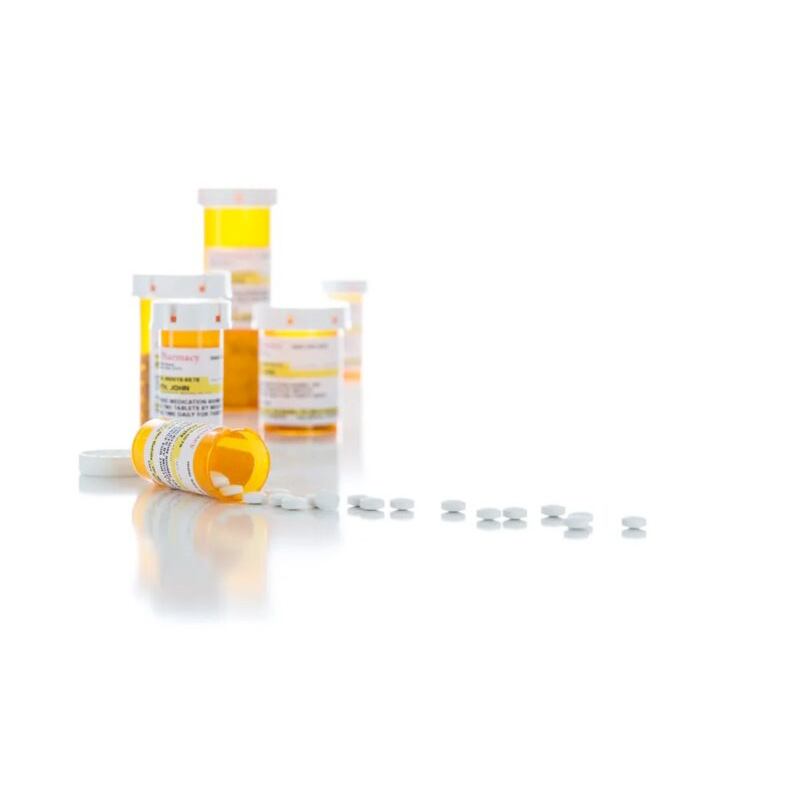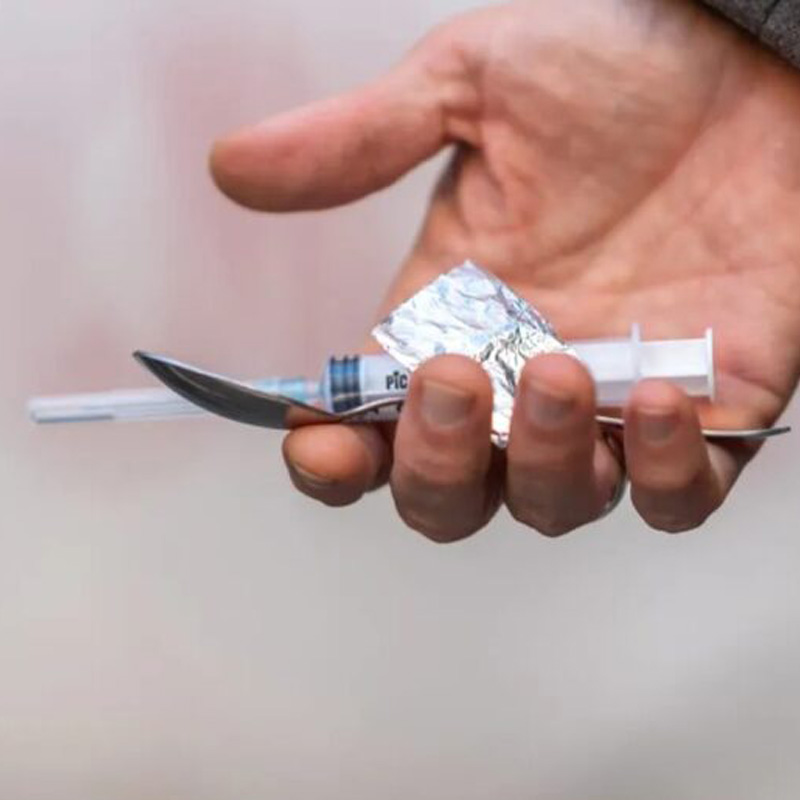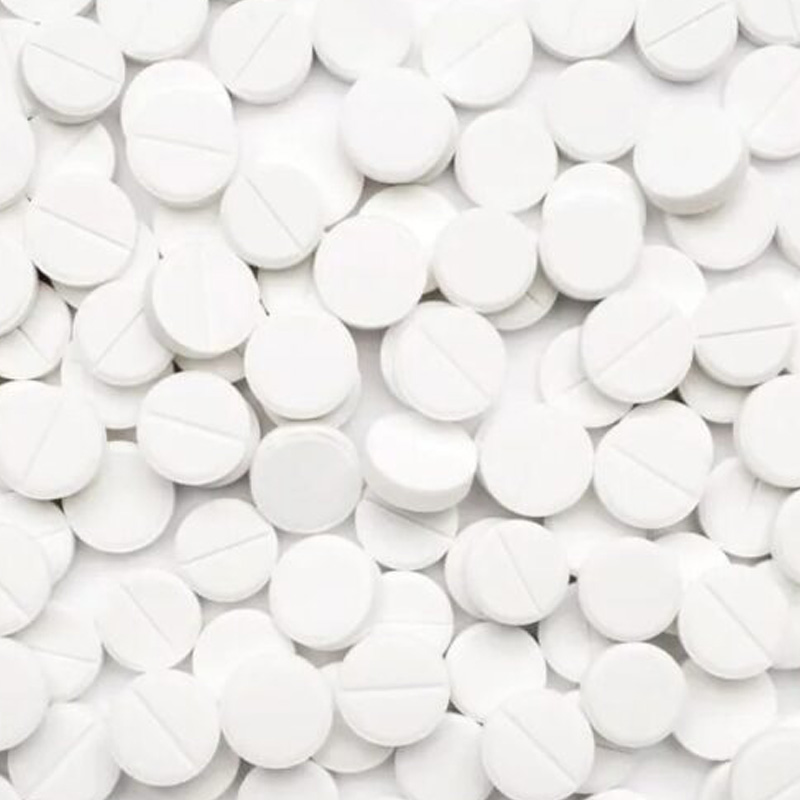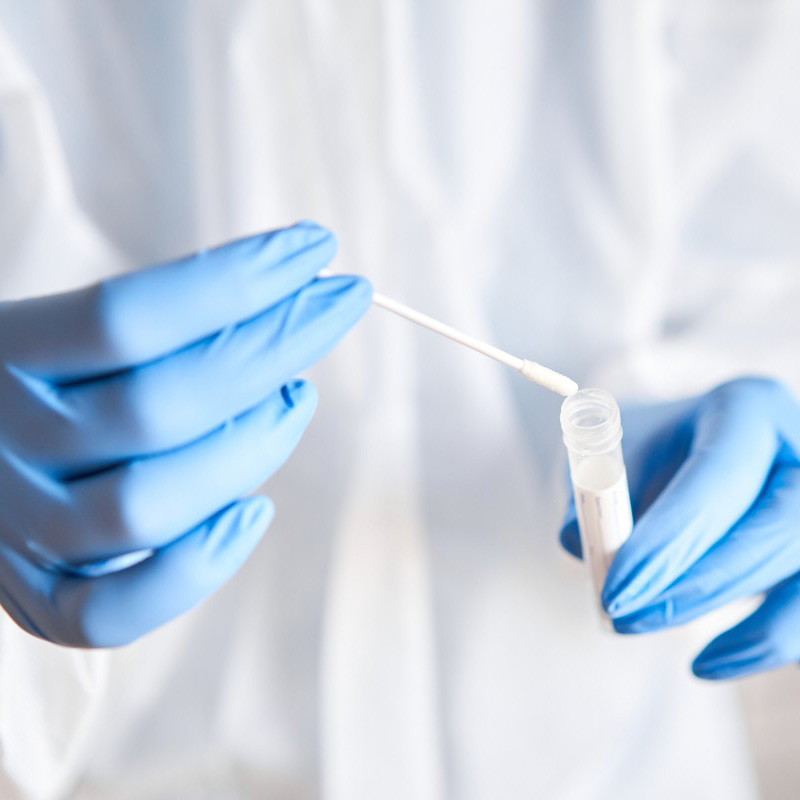Learn More About Does Dual Diagnosis Treatment
Diagnosis in mental health care has a typical approach, using the Diagnostic and Statistical Manual of Mental Disorders to meet the criteria of symptoms for the person’s condition. However, because of the nature of many disorders, such as anxiety and depression, some disorders tend to accompany and connect to other disorders. Despite these connections, many psychiatrists and psychologists tend to focus their treatment plans on their sole, specific diagnosis. Alcoholism, for instance, tends to focus on detox from alcohol, therapy practices, and medications that help the patient abstain from drinking.
But one of the problems that psychiatrists and psychologists have been facing when treating alcoholism is that those who suffer from alcohol abuse tend to have a deep connection with symptoms of other mental illnesses. Sequential treatment treats disorders by first-base order rather than side by side; for instance, a person who suffers from depression may not be able to receive treatment until they receive treatment for their addictions. Dual diagnosis treatment solves this issue by focusing on treating both alcoholism and the underlying mental illness. It combines effective rehabilitation programs with mental illness treatments such as psychotherapy and medications to form a more inclusive and comprehensive treatment plan for a broader range of people who need it most.
How Does Dual Diagnosis Treatment Work?
Dual diagnosis treatment is an innovation, combining the aspects of mental health care and substance abuse treatment. It is a continuum of treatment that pivots multiple aspects of psychiatric disorders and uses successful forms of treatment to address both underlying conditions. Dual diagnosis treatment plans can include procedures such as:
Residential treatment programs – Those who need addiction rehabilitation can turn to residential treatment programs, or inpatient therapy, to treat their addictions. These programs can also be adjusted to help treat mental disorders alongside rehabilitation to address both issues.
Outpatient therapy – Outpatient programs will involve daily treatment through group sessions and one-on-one therapy sessions, and continue to live at home as they recover. These will require a higher level of motivation from the patient and include treatment for mental illnesses alongside rehab.
Medications – Medications are a vital component of treatment, often prescribed to stabilize moods, reduce anxiety, and prevent flashbacks from traumatic events. However, psychiatric medication can be used for substance abuse.
Educational strategies – Parents, partners, spouses, and siblings can learn about the connections between mental illness and addiction as support for the patient’s recovery. The more informed they are, the more likely they’ll be able to support recovery.
Common Facts about Dual Diagnosis Treatment
- According to Medline Plus, the most common mental health disorders associated with addiction are anxiety, depression, personality disorders, and schizophrenia.
- The term for patients who qualify for treatment often has co-occurring disorders, known as comorbidity.
- According to The National Institute of Drug Abuse, over 7.7 million adults have co-occurring mental and substance abuse disorders.
- Nationally, about 52.5% of people neither receive psychiatric health care nor substance abuse treatment for co-occurring conditions.
How We Can Help Treat Co-Occurring Conditions
For mental health, our treatment teams can help make rehabilitation hopeful and more rewarding. Mental illness can make it easy for a person to neglect their health, and when thoughts and perceptions are altered by mental illness, substance abuse may seem like the only way to cope. We encourage you to call us because we can help treat your conditions and help get your life back to stable ground.
Based in Point Pleasant, NJ, we not only serve the psychiatric needs of those in local surrounding area towns (i.e. Point Pleasant, Brick, Wall, Manasquan, etc.) and local counties (i.e. Ocean County, Monmouth County, etc.), but we also serve a broader potential area for clinical care with our telehealth service.





















